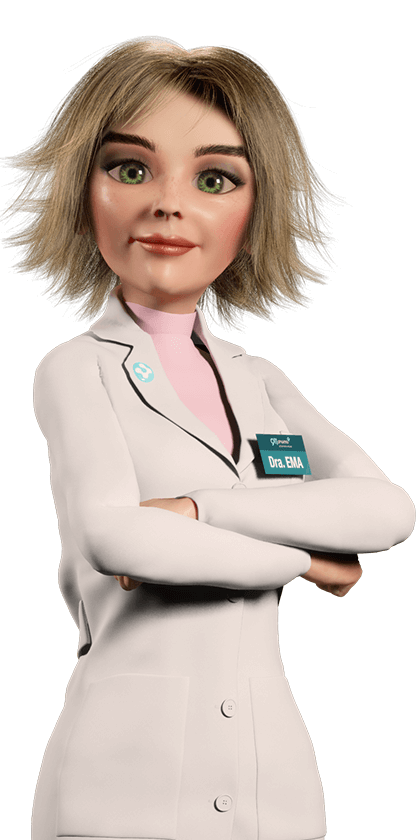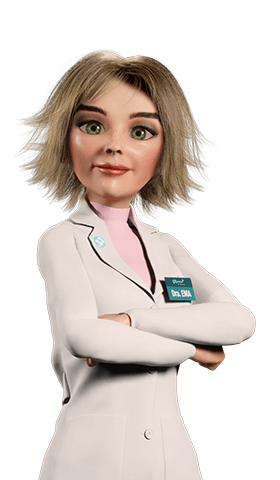Digestive system
A haemorrhoidal crisis can be highly disabling
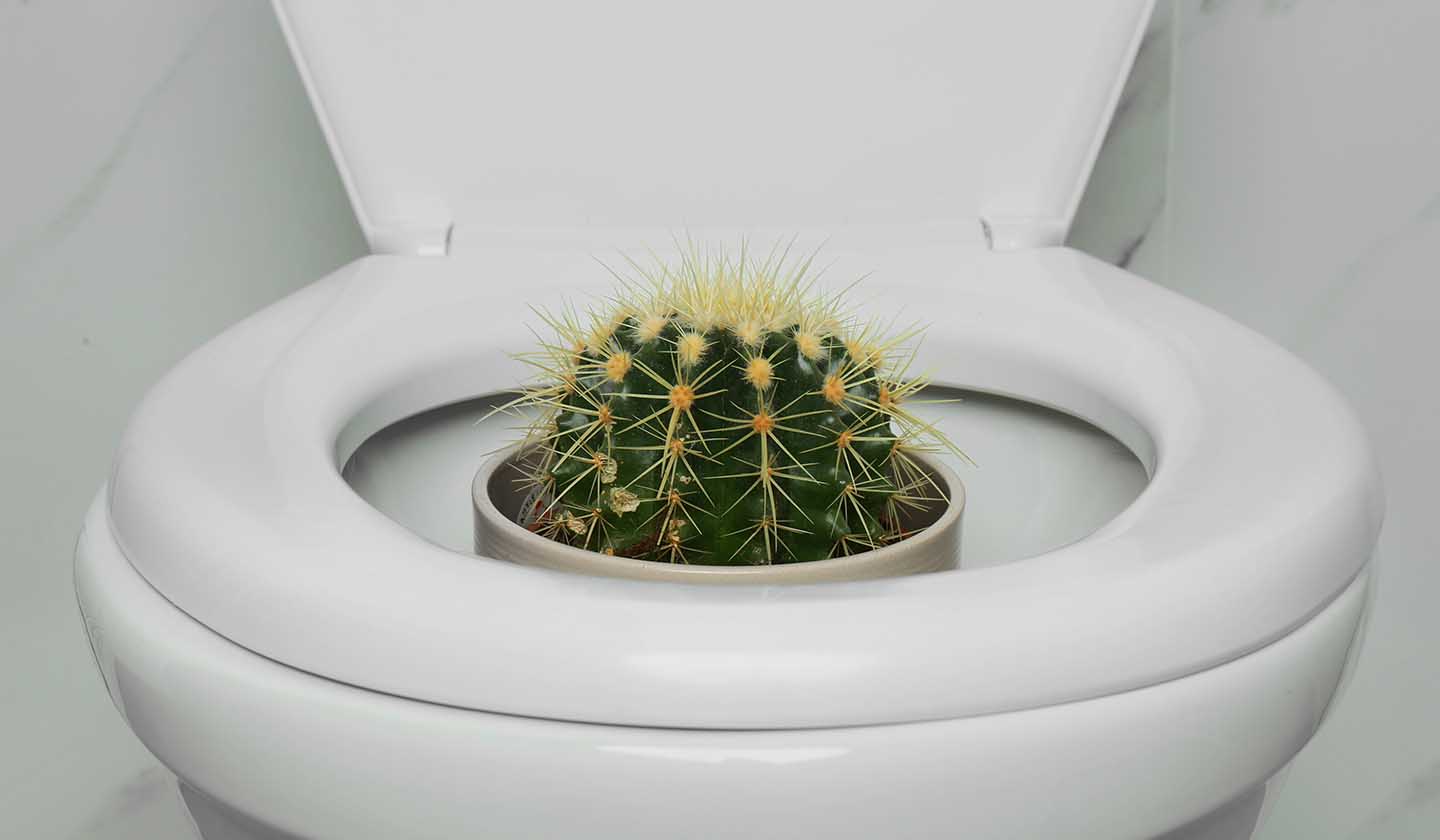
Haemorrhoids (also known as piles) are vascular structures in the anal canal that help with stool control. Every human being has haemorrhoids, but we often call haemorrhoids to the disease associated with its inflammation. The correct name is haemorrhoidal disease.
The haemorrhoidal disease occurs when blood vessels dilate, with internal haemorrhoids developing within the anus or rectum and external haemorrhoids developing under the skin around the anus.
The most common symptoms of the haemorrhoidal disease are bleeding, prolapse*, pain and itching.
*Prolapse: a condition in which organs, or part of them, fall down or slip out of place.
Bright red blood is a common symptom when suffering from haemorrhoids, and it may be visible on toilet paper or on the toilet seat. A prolonged bleeding may be an indication of a more serious bowel disease, such as diseases of the colon and rectum.
There is no clear link between haemorrhoids and cancer. However, when rectal blood loss occurs, this hypothesis must be ruled out since bleeding can also occur in colorectal cancer.
Depending on their severity, haemorrhoids can be classified into degrees:
1st degree - there is an increase in the number and size of haemorrhoidal veins, without prolapse and there may be bleeding.
2nd degree - haemorrhoids bulge outward from the anus due to straining during bowel movements but diminish naturally afterwards.
3rd degree - haemorrhoids bulge outward from the anus due to straining during bowel movements and may be necessary to gently push them back inside.
4th degree - there is a permanent, non-reducing hemorrhoidal prolapse.
Factors that can cause hemorrhoidal disease:
-
Constipation
-
Chronic diarrhoea
-
Pregnancy and childbirth
-
Obesity
-
Chronic cough
-
Eating habits - alcohol, spicy food
-
Professional factors - sitting or standing for many hours in a row.
-
Sedentary lifestyle
The most common condition that can cause haemorrhoids is constipation.
In case of constipation, stools are particularly hard and difficult to pass which can cause the swelling and inflammation of the hemorrhoidal veins. Also, a prolapse, a condition in which organs, or part of them, fall down or slip out of place, can occur.
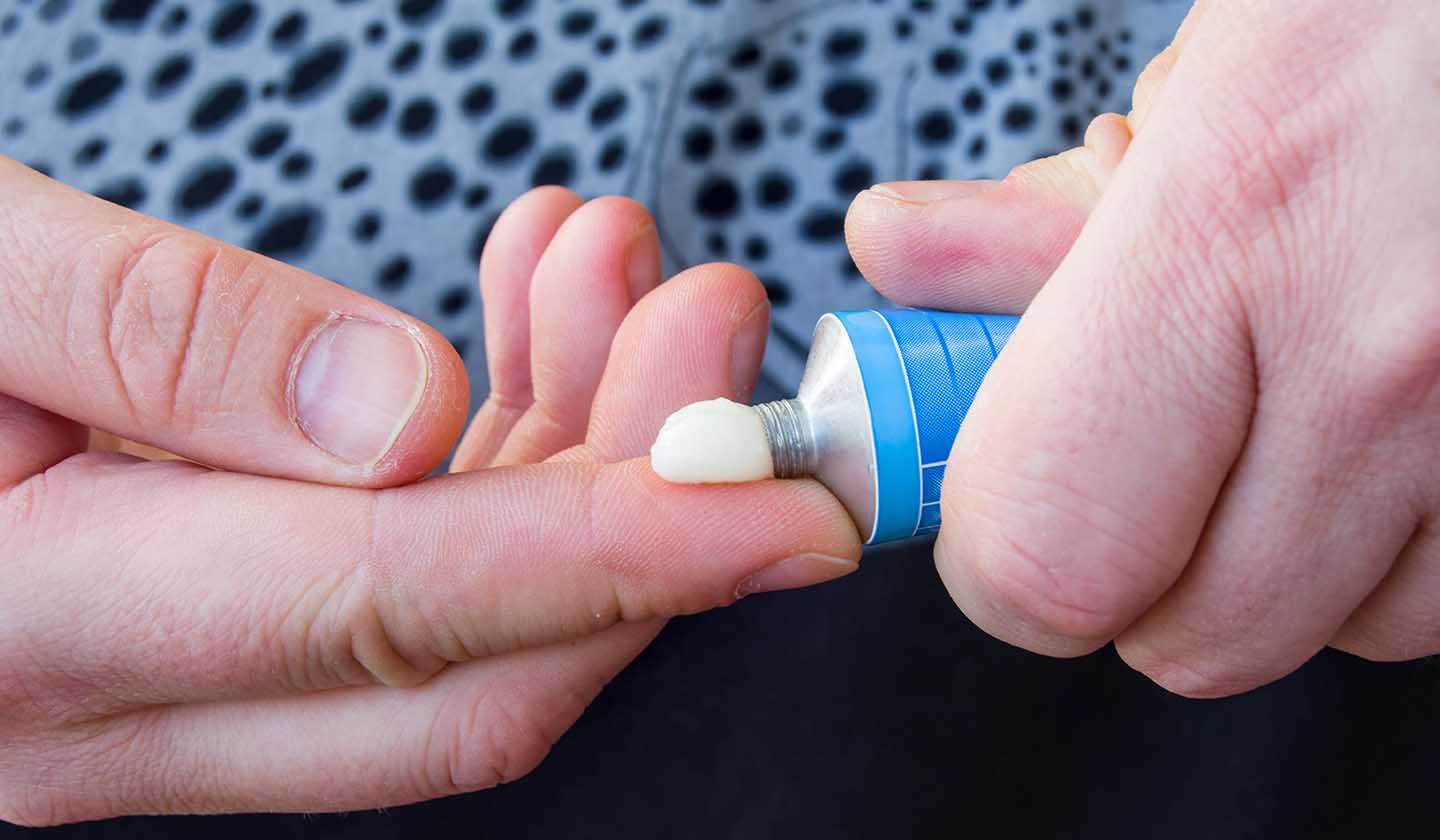
Treatment
- Anti-inflammatory drugs - help to reduce inflammation to allow for the healing of haemorrhoids.
- Painkillers - help to reduce the pain associated with haemorrhoids.
- Venotropic drugs - strengthen the veins and improve circulation, reducing the swelling.
- Bulk-forming laxatives - used to create a bulky, more liquid-like stool that is softer and easier to pass.
- Haemorrhoid Relief Ointment - cortisone-based ointments that work as an anti-inflammatory and anaesthetics that help relieve pain.
- Moisturizing and soothing ointments for itching
- Sitz baths - a warm-water bath for 10 minutes that covers the hips and buttocks, used to relieve discomfort and pain in the lower part of the body.
- Local ice application - reduces inflammation.
Preventive measures
-
Keep a balanced intestinal flora
-
Eat a balanced diet
-
Food supplements high in fibre
-
Increase water intake
-
Fight a sedentary lifestyle
-
Avoid straining during bowel movements
-
Develop good bowel habits
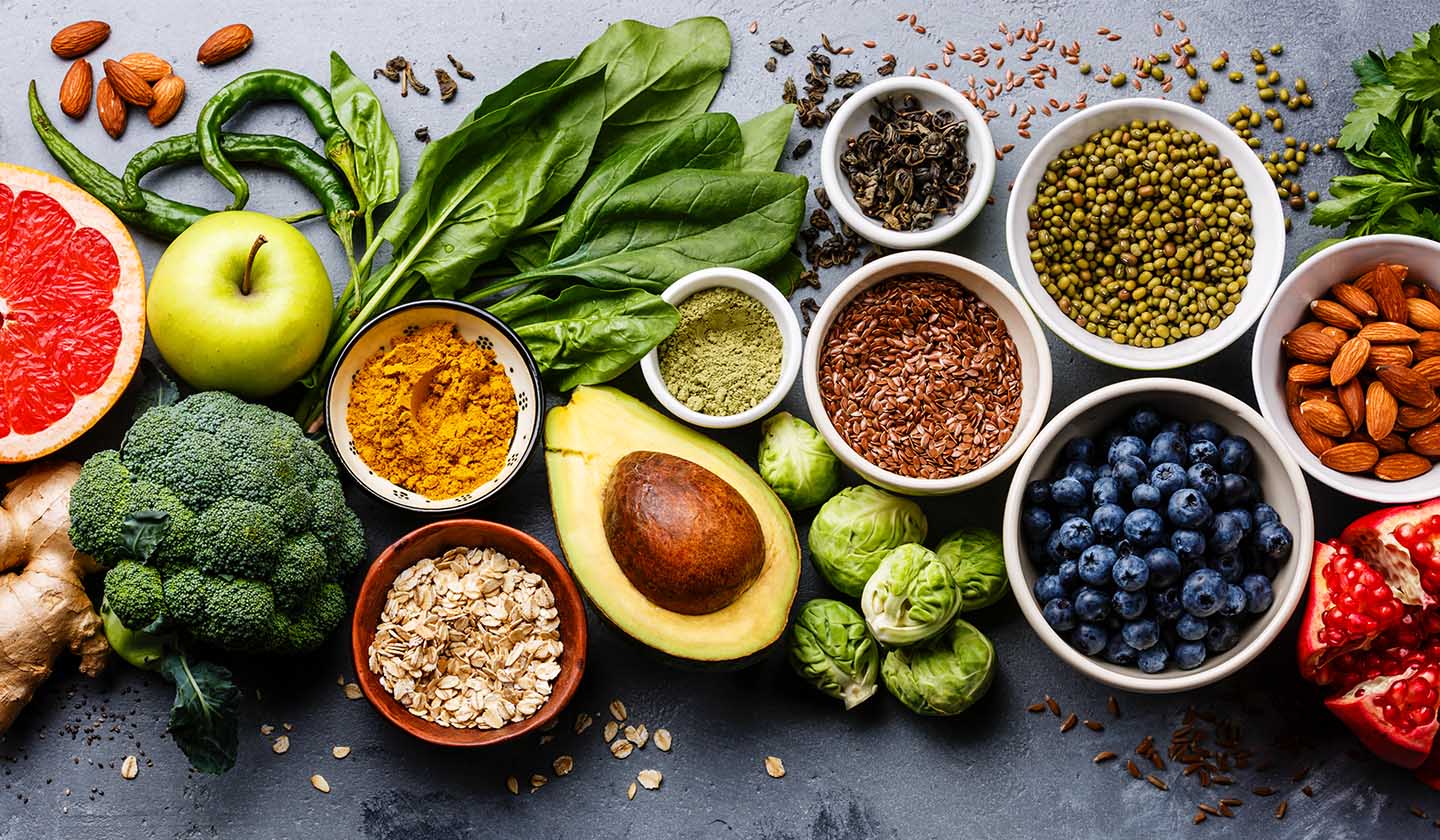
Recommended foods
-
Fruits - Kiwi, orange - high in fibre and vitamin C, to help strengthening blood vessel walls and to protect against free radicals that can weaken or decrease your resistance.
-
Grain legumes - lentils, grain, beans.
-
Vegetables - spinach, broccoli.
-
Red fruits - they are rich in flavonoids that help to strengthen blood vessels.
-
Seeds - chia, linseed.
-
Oats - high in fibre and rutin, a flavonoid that promotes vascular health.
Foods to avoid
-
Processed foods and foods high in sugar
-
Spicy and highly seasoned foods
-
Salty food
-
Olives
-
Coffee
-
Chocolate
-
Alcoholic beverages and carbonated beverages
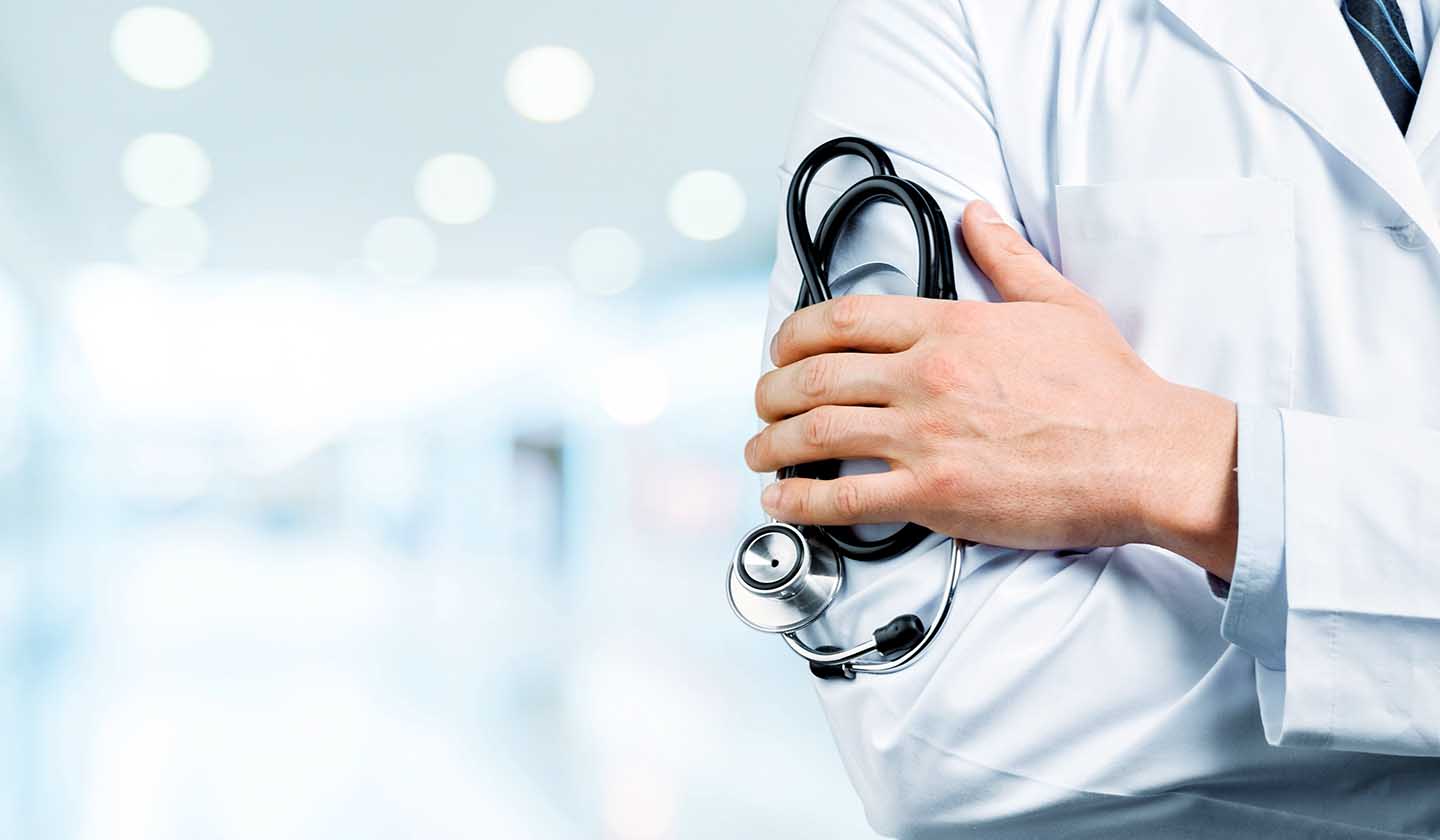
When to see a proctologist
When non-invasive treatments and preventive measures are not enough to treat haemorrhoidal disease, or if the disease is already at an advanced stage, it is necessary to go to a specialist physician in order to make an assessment and proceed with the haemorrhoid removal surgery.
There is no clear link between haemorrhoids and cancer. However, when rectal blood loss occurs, this hypothesis must be ruled out since bleeding can also occur in colorectal cancer.
Sources
iSaúde
Farmácia Distribuição Magazine
Também lhe poderá interessar
Gynecology
